
THE FLEXIBILITY DIET
Stiff or flexible is not a diagnosis; it's a symptom.
Anatomically speaking, it's true that some of us have a better ROM (range of motion) than others but flexibility can be highly influenced by life habits. Obviously, stretching and elongating your muscles are no-brainers, but you can also influence your potential elasticity with what you eat.
What foods are best for increasing flexibility? This question may seem daunting. The key is identifying which foods act as natural sources of protein, vitamins, minerals and omega-3 fatty acids that will help keep joints lubricated and healthy.
FOOD, NUTRIENTS AND SUPPLEMENTS TO IMPROVE YOUR FLEXIBILITY
—Water
Water is not considered food, but it is one of the essential element to prioritise in your diet. Staying hydrated is crucial for your overall health, but did you know that chronic dehydration is one of the leading causes of stiffness (lack of flexibility)?
A new study demonstrates in vivo changes in leg flexibility and stiffness based on hydration level: the more hydrated, the more mobility; the more dehydrated, the more stiffness [1].
The observed changes in flexibility and stiffness are attributed to alterations in the mechanical properties of collagen located within and surrounding the musculotendinous unit of the hamstring muscles, the connective tissues, skin and fascia of the posterior leg [3].

Let's see how water influences muscle elasticity.
70% of muscles are water. That fact only makes it evident that the more hydrated you are, the better your muscles will function. When muscles are dry, they can't lengthen and contract as well as they do when they're sufficiently hydrated. In fact, a lack of hydration is linked with frailty in the elderlies— a condition in which muscle inadequacy can become life-threatening [2]. In addition, dehydrated muscles will be more prone to damage if we pull on them and will naturally resist stretching.
Lubricated Joints
Your joints are formed of synovial fluid, which is made up of water. Less water in your body means there's less fluid in your joints. You feel excessive stiffness when the level of lubrication decreases in your joints. When joints have entirely lost their lubricated membrane, one will often use invasive treatments like injecting hyaluronic acid that will help retain more liquid and create a temporary solution. It's important to delay joint dehydration by staying as healthy and hydrated as possible while exercising—and stretching—safely.
Muscle Strength
Dehydration causes muscle weakness. A poor water intake while exercising could also make DOMs (delayed onset muscle soreness) worse. You will feel more soreness the day after training, and your recovery time will become longer.
Apart from drinking water, there are different tips and tricks in order to give your body the best chance to be limber.
—Green vegetables:
Eating dark, green leafy vegetables like spinach, broccoli and seaweed can increase your flexibility. Their high water content is necessary to flush out acids from your body and keep you hydrated.

—B-complex vitamins:
Often underestimated when it comes to flexibility. B-complex vitamins are essential to keep your metabolism healthy. One of their benefits for your flexibility is their ability to boost muscle strength—and recovery. They will allow your body to become more flexible by adapting faster to the stress of a flexibility practice, feeding the muscles of nutrients needed to recover and adapt. They can also prevent muscle cramps and let you stretch with ease more consistently.
Some excellent sources of B vitamins include meat, seafood, poultry, eggs, dairy products, legumes, leafy greens. If you are vegetarian or vegan, consider supplementing with a clean source of B-complex.

—Anti-inflammatory elements:
Chronic inflammations may cause fluid retention that makes your muscles stiff. Alkaline conditions are known to reduce inflammation, and foods that can increase alkalinity are mainly vegetables and fruits. For example, pineapple enzymes—known as bromelain— have powerful anti-inflammatory properties. Additionally, spices like turmeric and ginger are also great anti-inflammation options.

—Amino Acids
The body needs specific amino acids to regenerate healthy connective tissue such as muscles, skin, tendons and ligaments. Foods containing amino acids promote flexible joints. For a better effect on flexibility and recovery, aim for high levels of the amino acids glycine, hydroxyproline, proline, alanine and arginine. Meat, poultry, eggs, dairy, and fish contain all 9 essential amino acids. If you don't have enough in your diet, consider supplementing on a daily basis. With a unique amino acids profile, FLEXIBLE contains high levels to provide you with superior nutritional benefits.
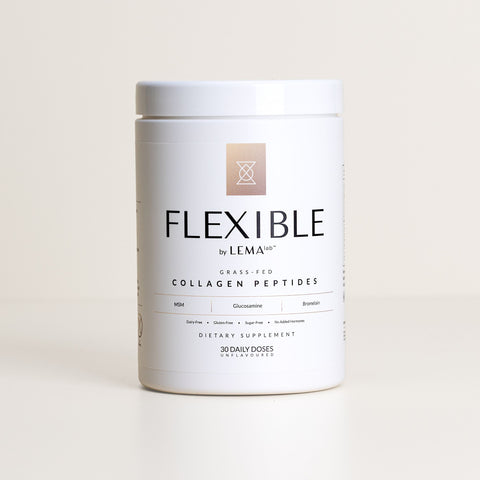
—Omega-3
Supplementation with omega-3 fatty acids has been shown to be beneficial for the nervous and cardiovascular systems, with anti-inflammatory effects that fight against exercise-induced muscle damage. They are known to increase blood flow during exercise and reduce subsequent morning stiffness. You can find omega-3 in several fish and other seafood (especially cold-water fatty fish, such as salmon, mackerel, tuna, herring, and sardines). Vegan options include certain algae, nuts and seeds (such as flaxseed, chia seeds, and walnuts) (4).

—What to avoid
Restrict your coffee and alcohol consumption as it can dehydrate the body. Processed carbs and sugar-rich foods should also be avoided since they will accelerate collagen decrease in your body and create a further loss of mobility.
We've covered a lot of ground so far, but the best may be yet to come. Here are 10 quick FLEXIBLE recipes and their benefits. Get ready for some healthy, delicious food that will help you stay on top of your game.



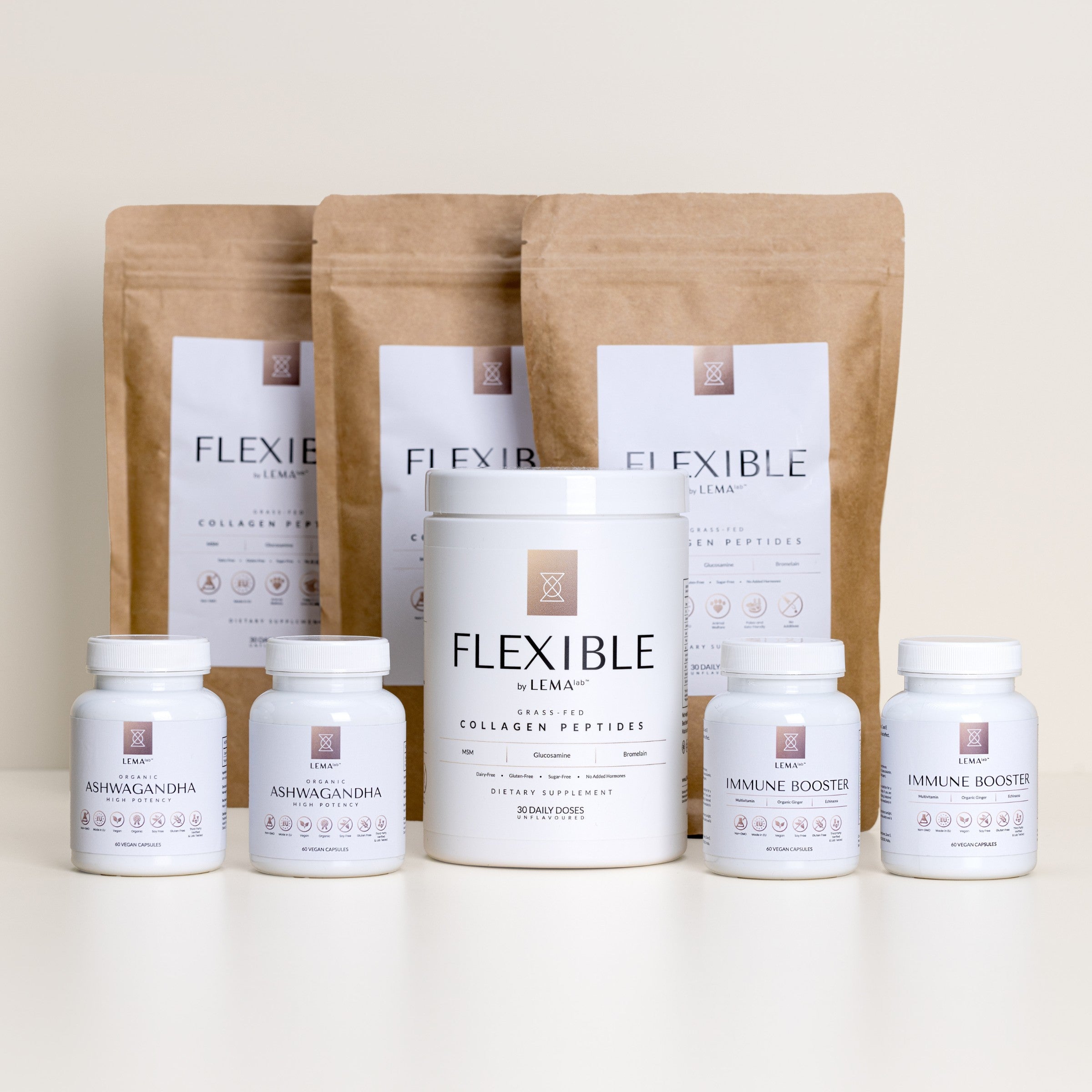
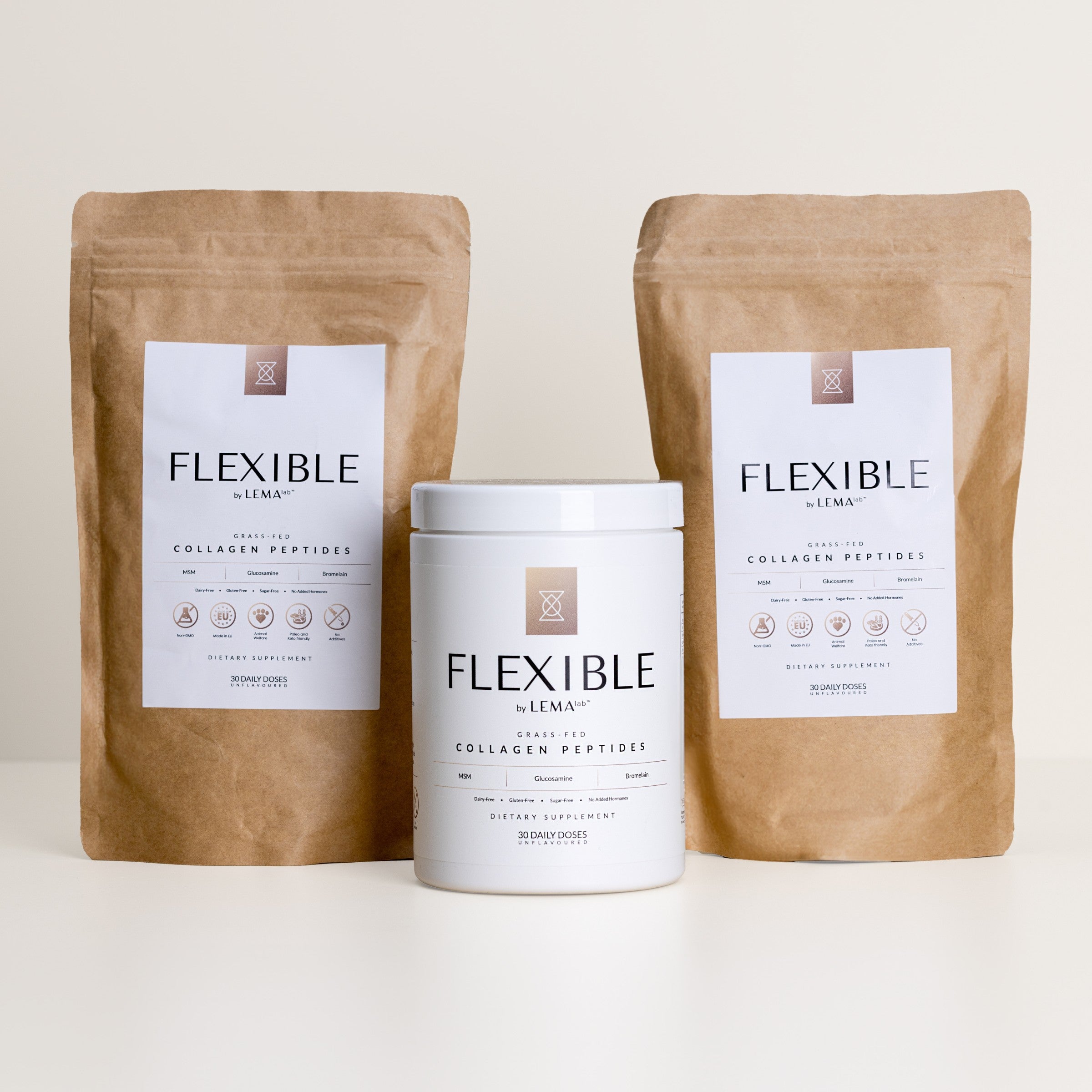

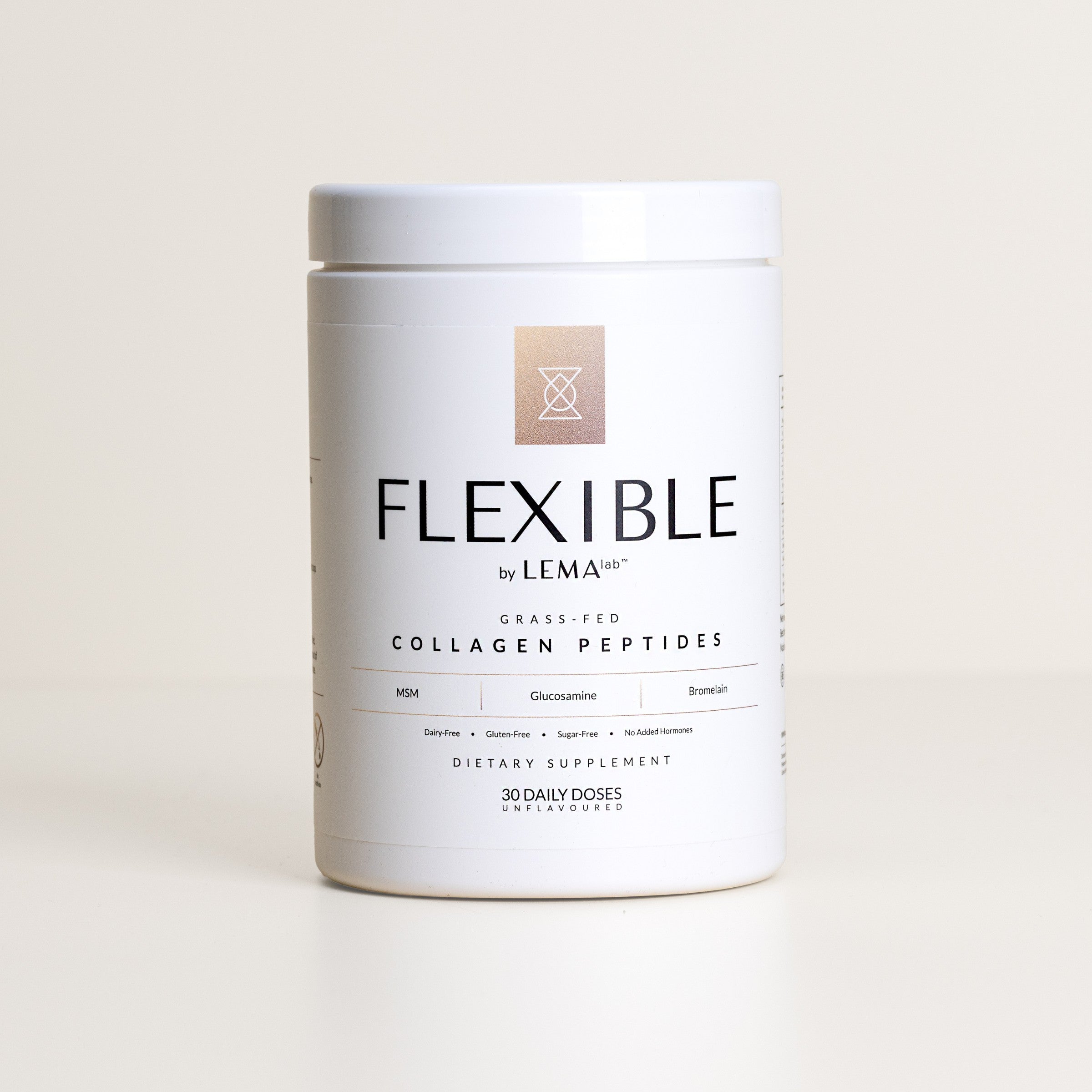
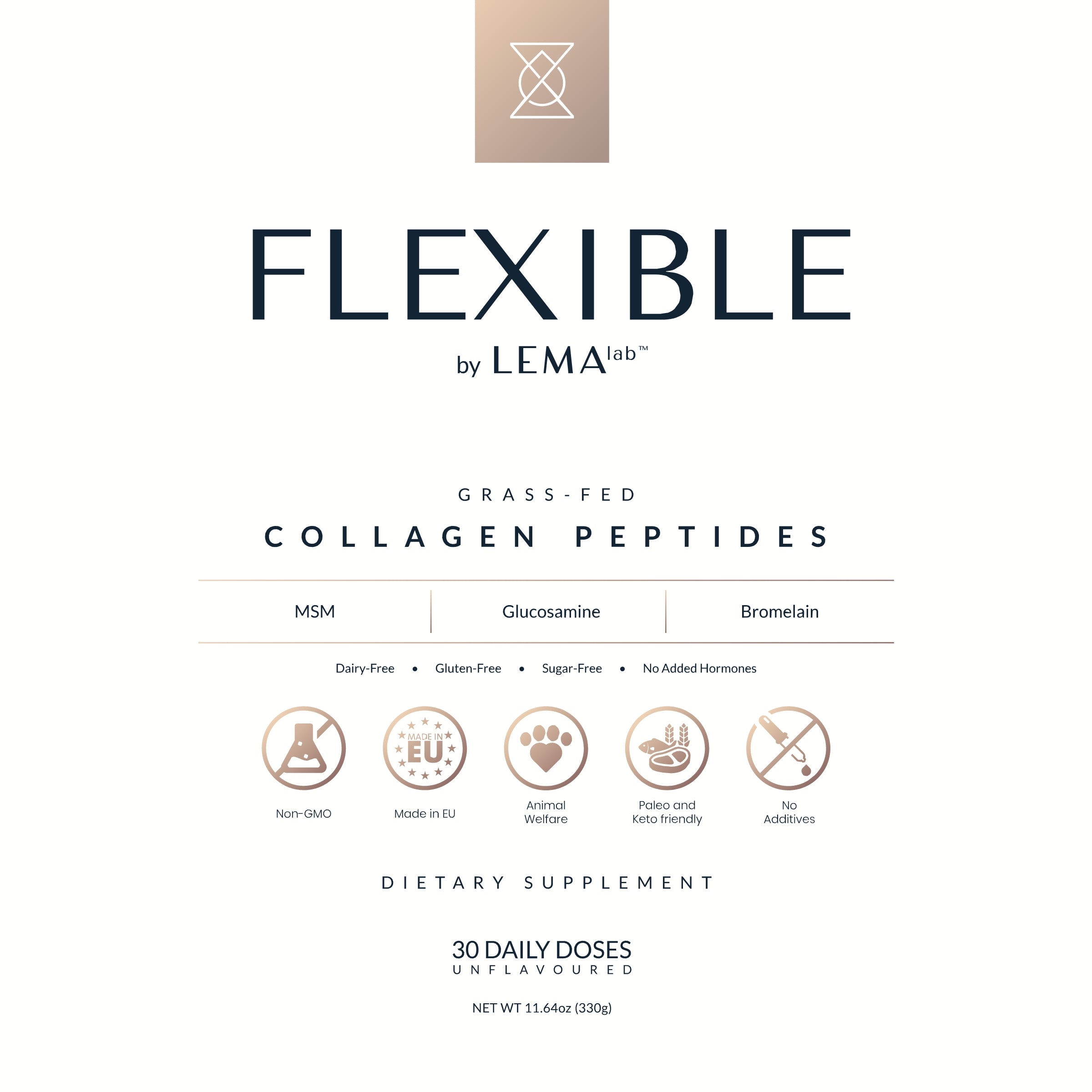
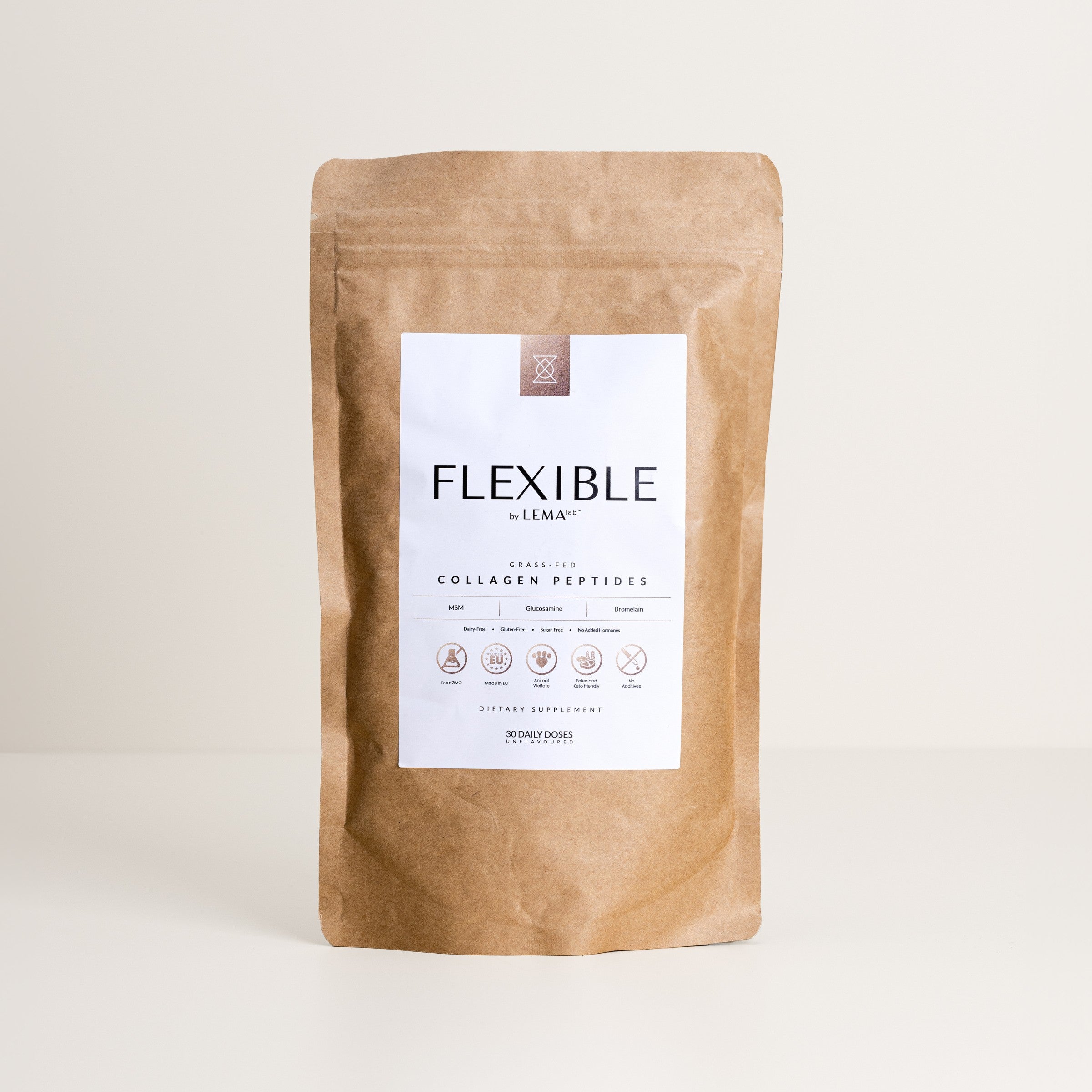
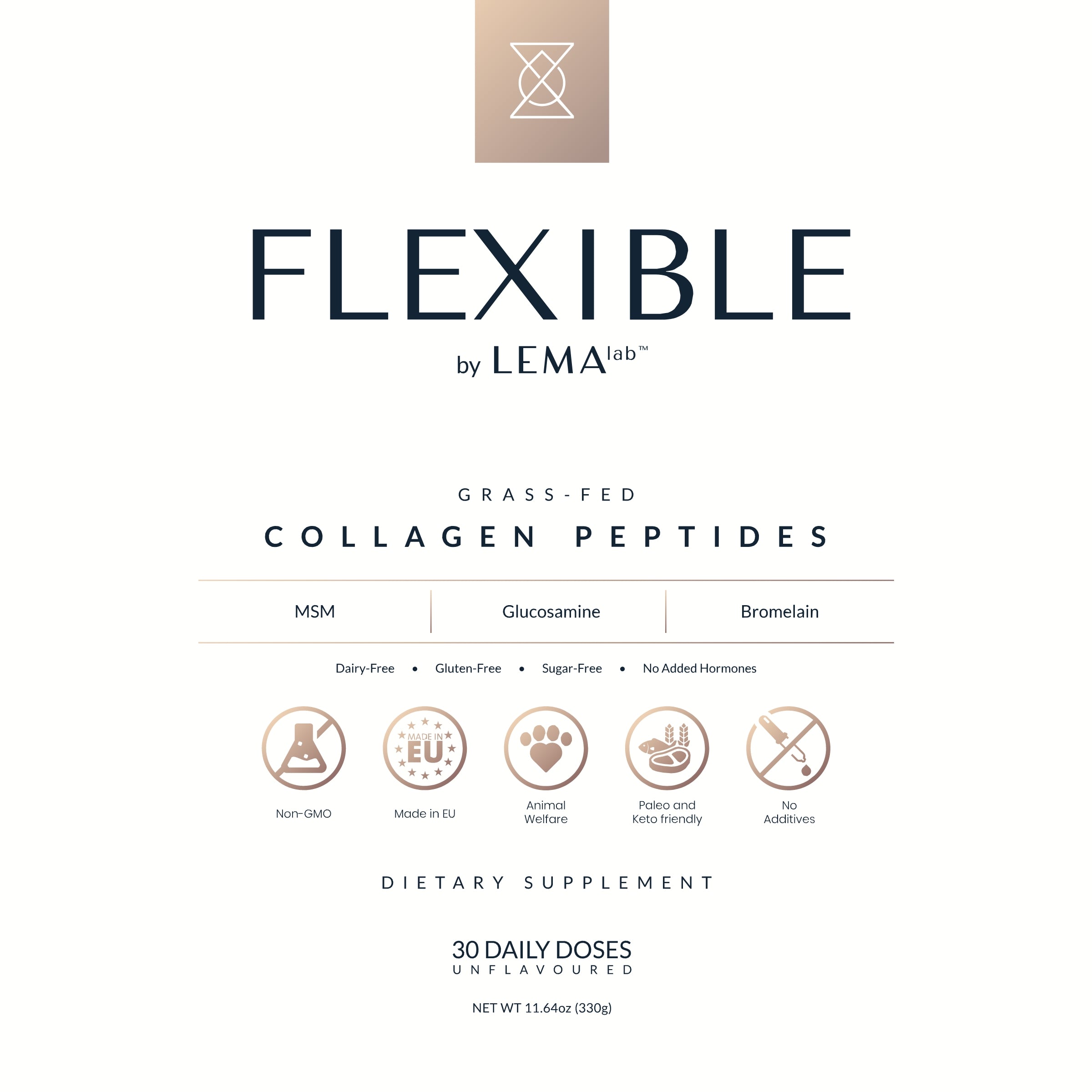
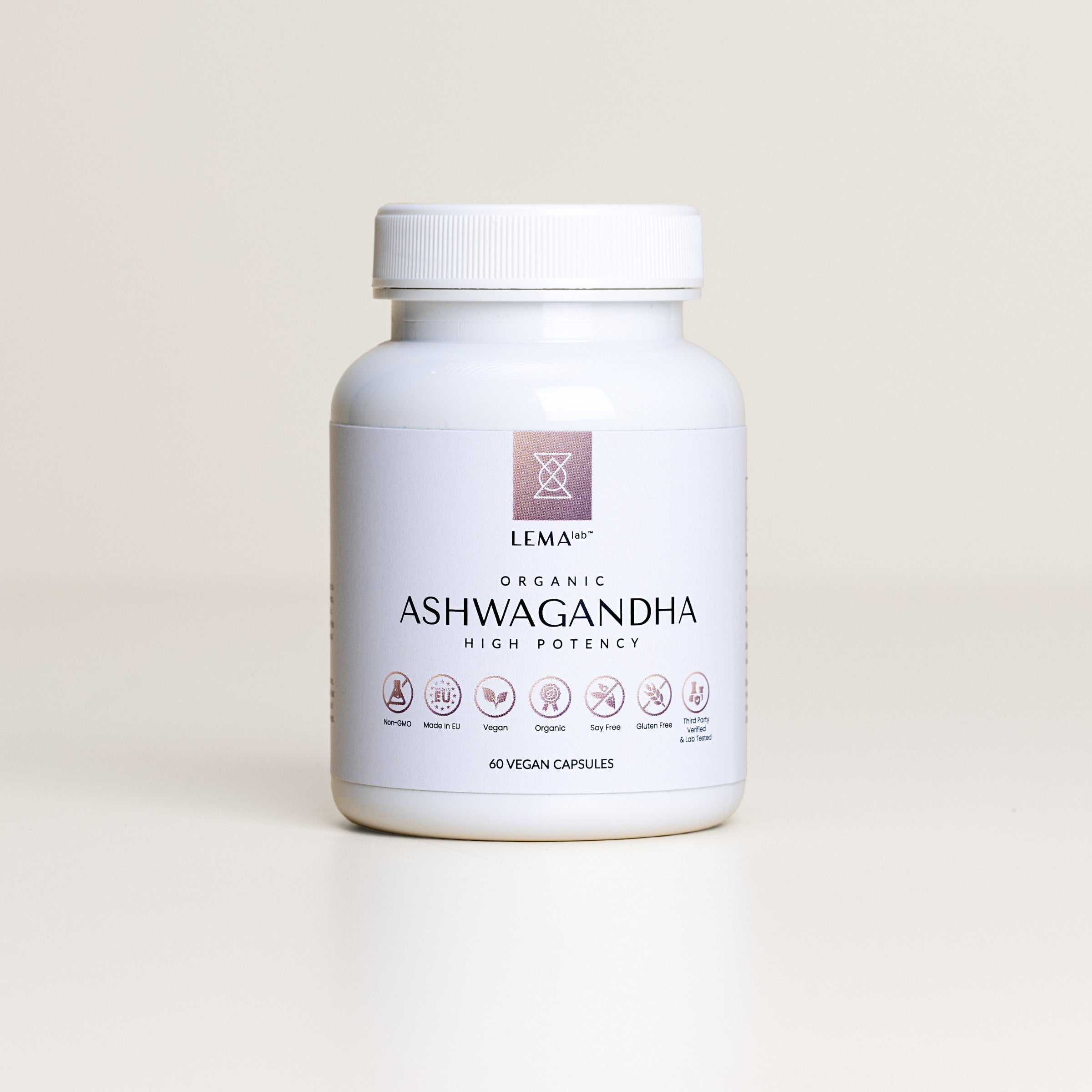
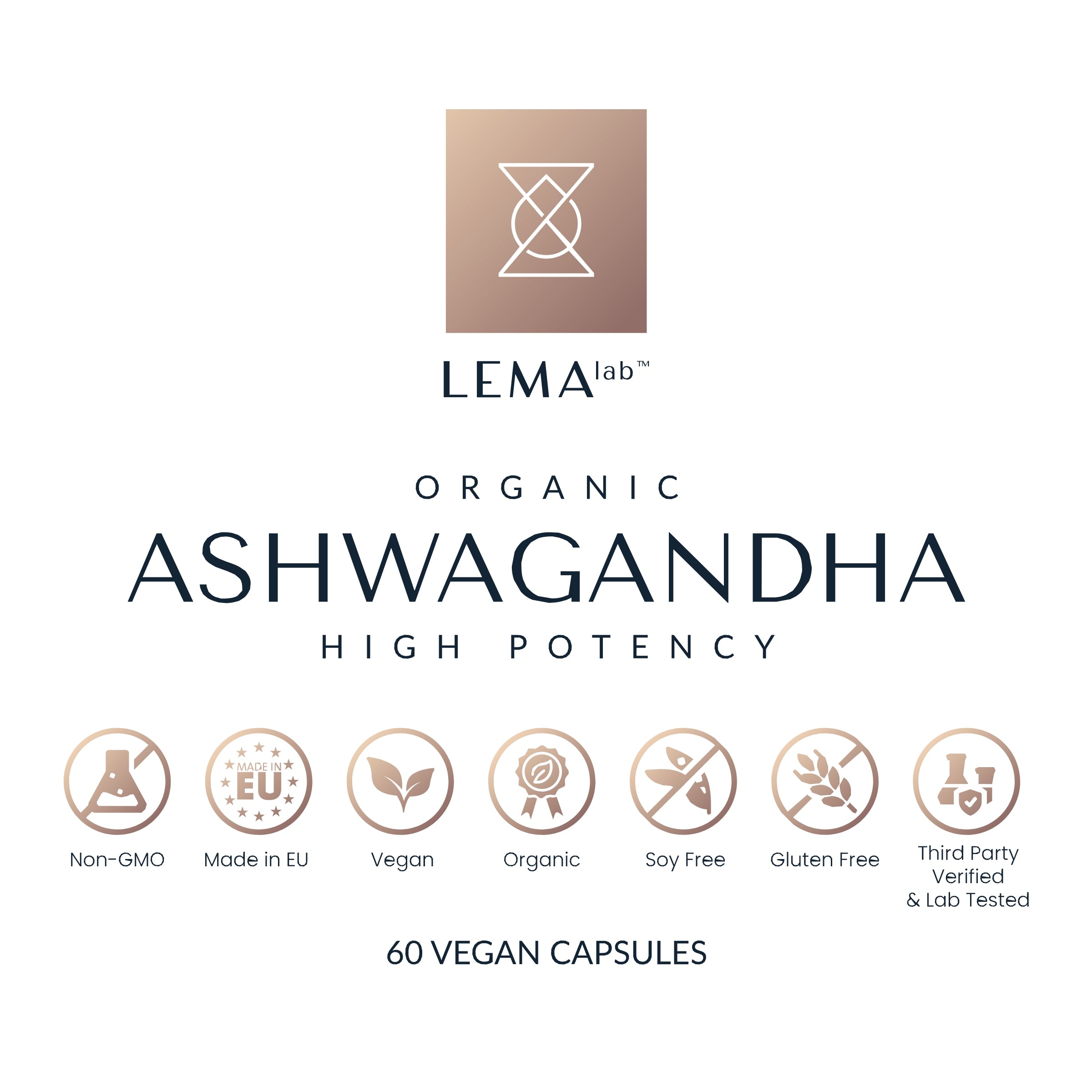
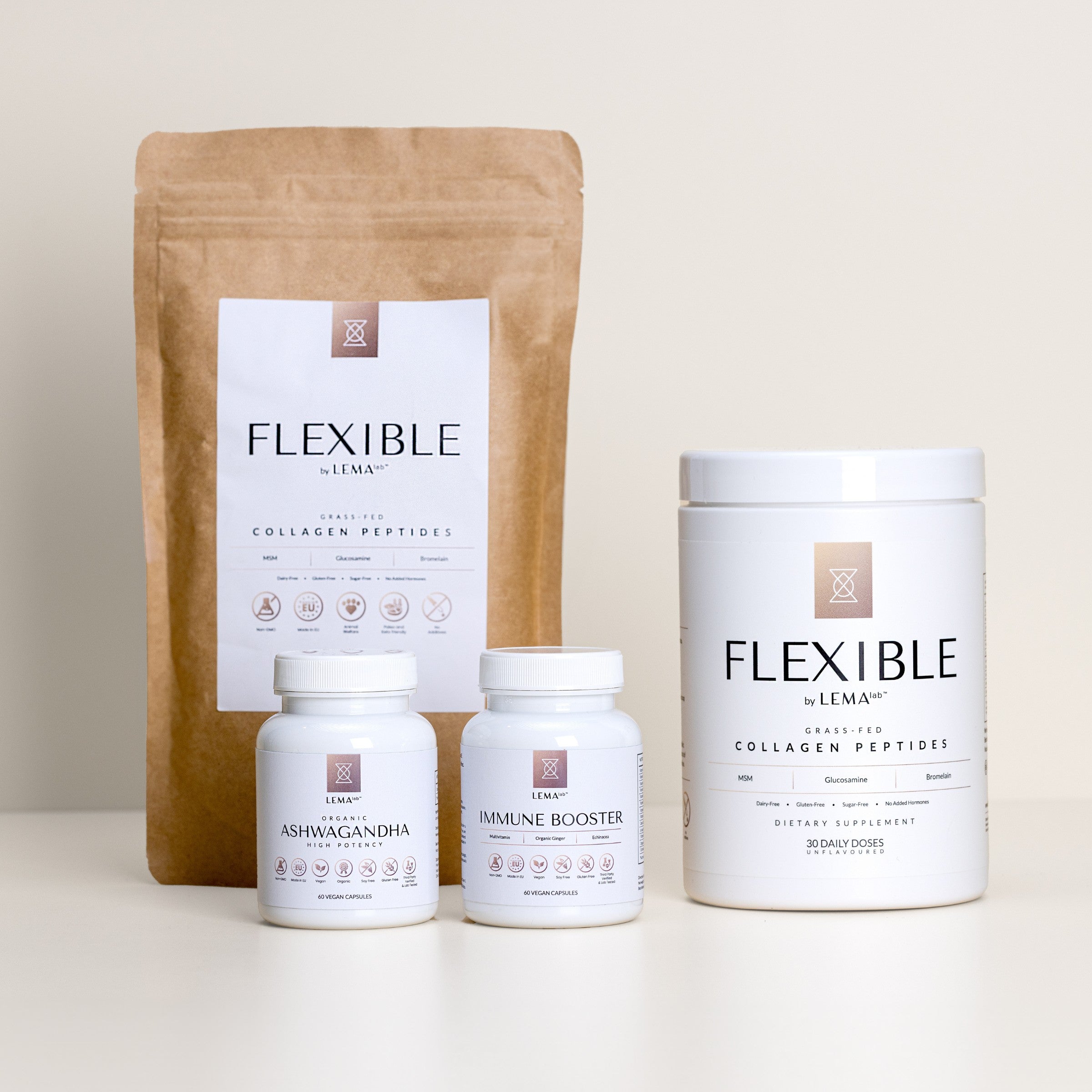
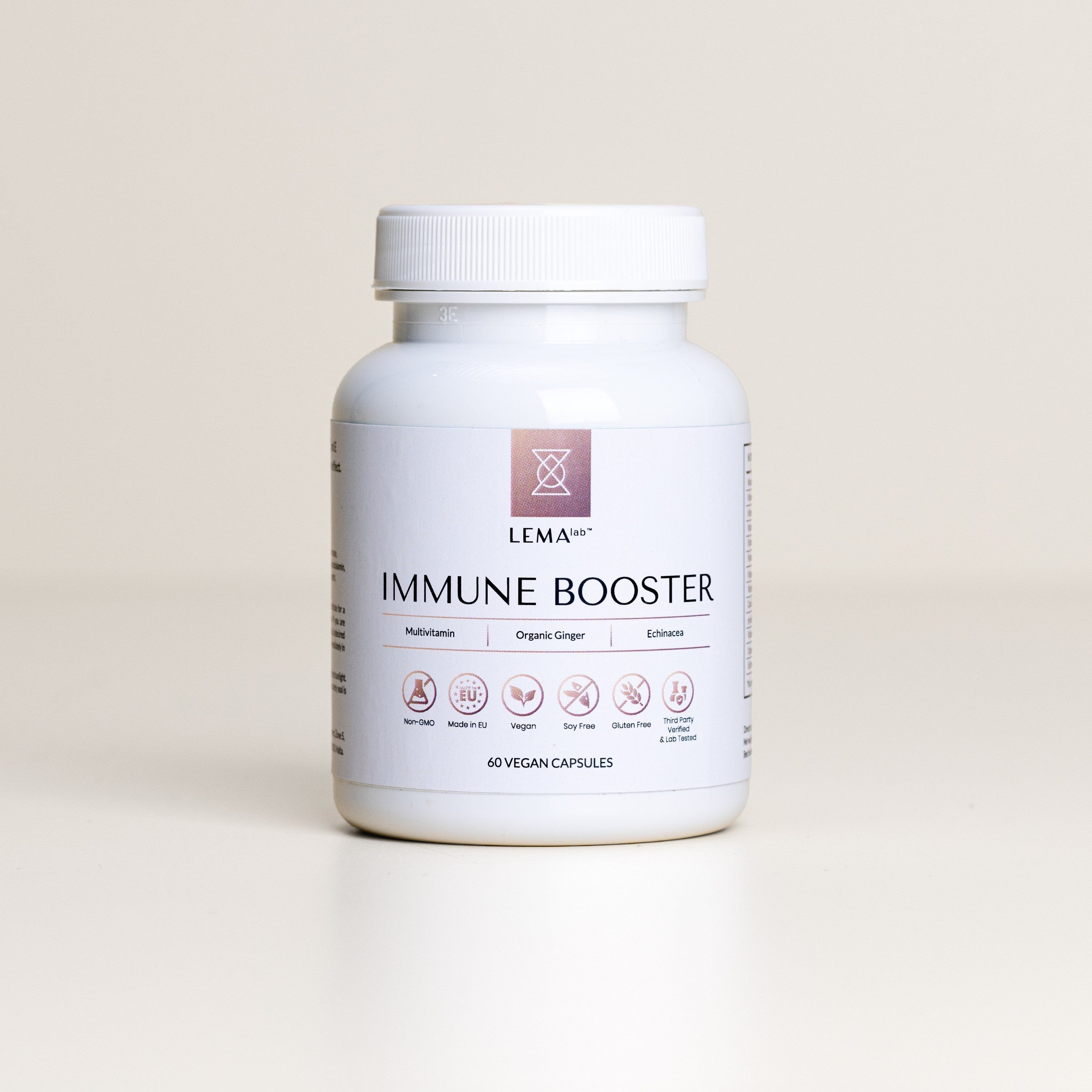
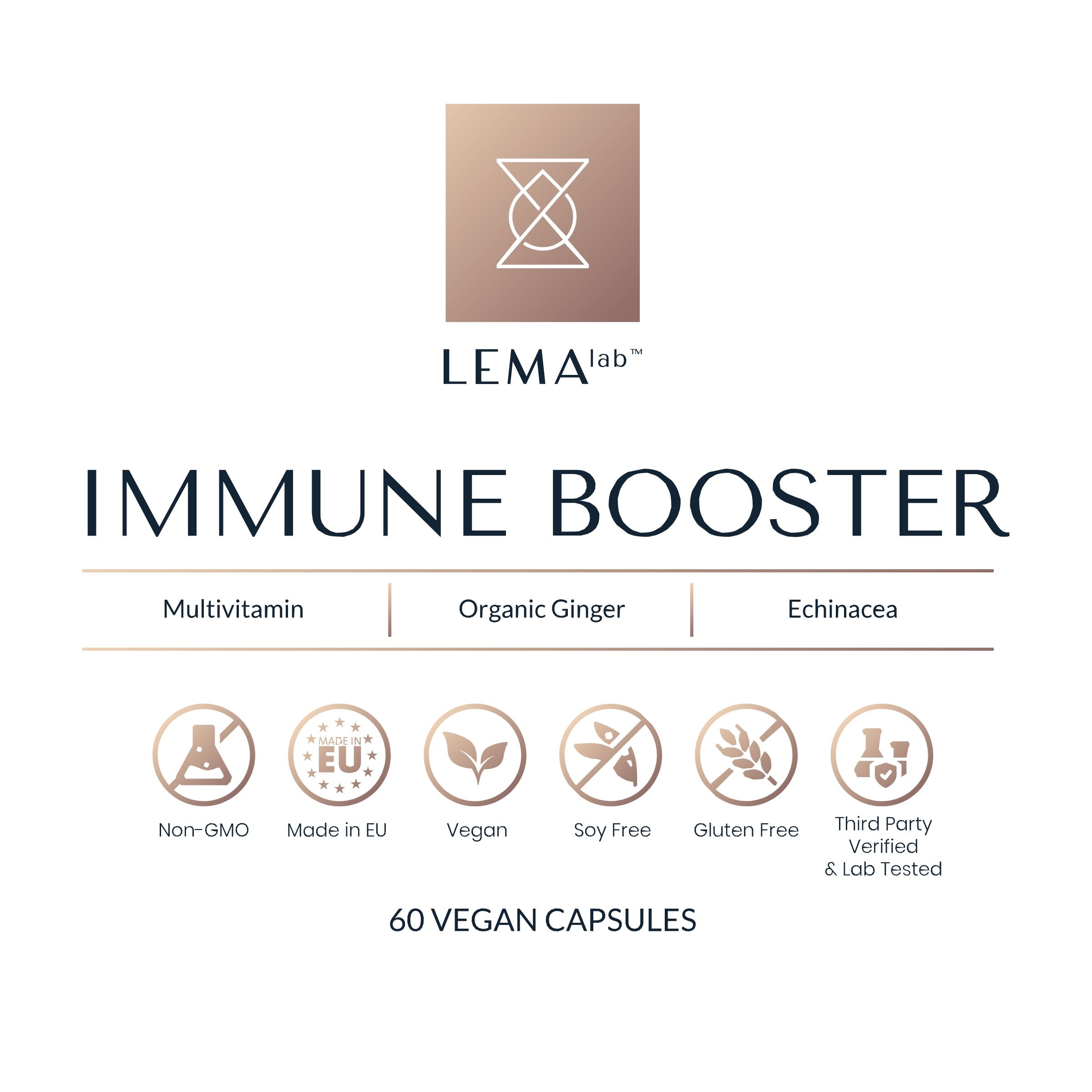
Leave a comment
This site is protected by reCAPTCHA and the Google Privacy Policy and Terms of Service apply.